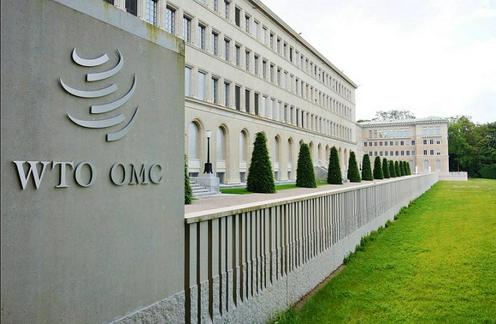Argentina, Australia, and Honduras have signed bilateral market access protocols with Uzbekistan, effectively approving the country’s accession to the World Trade Organization (WTO). Only three more agreements remain before the process is complete, Azizbek Urunov, the president’s representative on WTO issues, wrote on LinkedIn (blocked in Russia).
According to Urunov, the negotiations with these states took place this week in Geneva, led by Saida Mirziyoyeva, head of the Presidential Administration. He described the signed protocols as a clear signal of growing support for Uzbekistan’s integration into the multilateral trading system. He added that Uzbekistan has also reached preliminary agreements with two other WTO members but did not specify which ones.
“Each signing brings Uzbekistan closer to full WTO membership—a major milestone that will open new opportunities for our economy, our region, and our trading partners worldwide. The number of signed agreements now stands at 29, with two more preliminary deals. Only three countries remain to fully complete bilateral negotiations,” Urunov wrote.
The remaining WTO members were not named, but they are likely to include Russia and the European Union. In March, negotiations were held in Moscow on outstanding market access issues. At the same time, consultations with EU representatives resulted in partial progress on services, though agreement on goods still needed to be finalized. Tashkent had aimed to secure the EU’s approval “in the coming months.”
In May, Deputy Prime Minister Jamshid Khodjayev announced that Uzbekistan intends to join the WTO before the 14th Ministerial Conference, scheduled for March 2026 in Cameroon.
Uzbekistan first applied for WTO membership in 1994. The process stalled in October 2005 following the Andijan events, after three meetings of the working group. The government continued adjusting legislation to meet WTO requirements and resumed accession efforts in 2017.
The WTO is a global body that regulates trade rules between countries. Its agreements guarantee members specific rights and commitments, requiring them to lower trade barriers for foreign partners and reduce protectionist measures for domestic producers.










